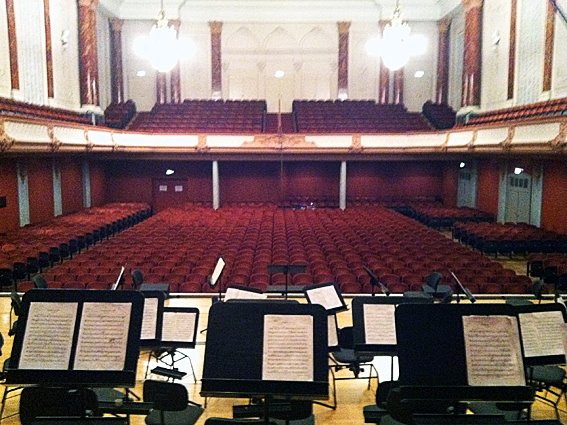Safe and Sound: Safety in tunnels
Safe and Sound: Optimized Sound Communications for increased safety in tunnels The echo in tunnels has, until now, made the emergency communication over loudspeaker virtually impossible. Now scientist are exploring possibilities to make such instructions clearer. They are developing techniques to time-aligned the signals so as the sound waves don’t cancel out each other. Another […]
Safe and Sound: Safety in tunnels Read More »


